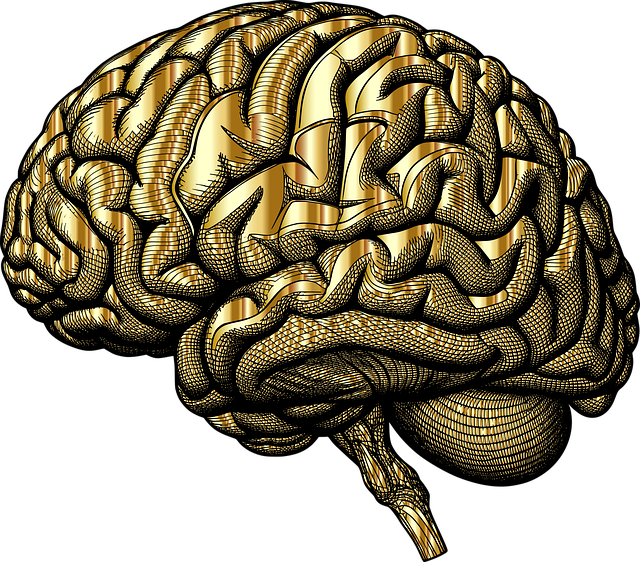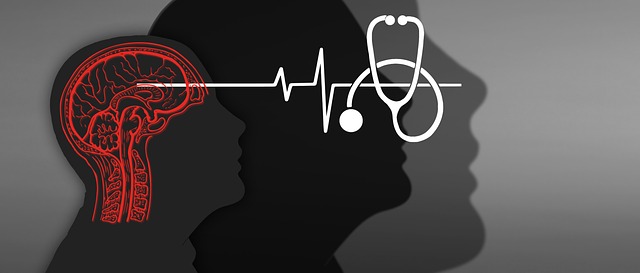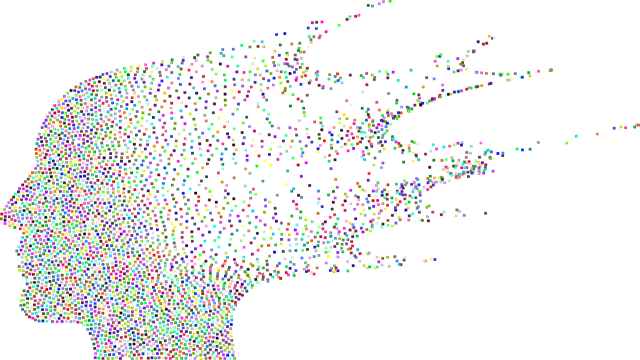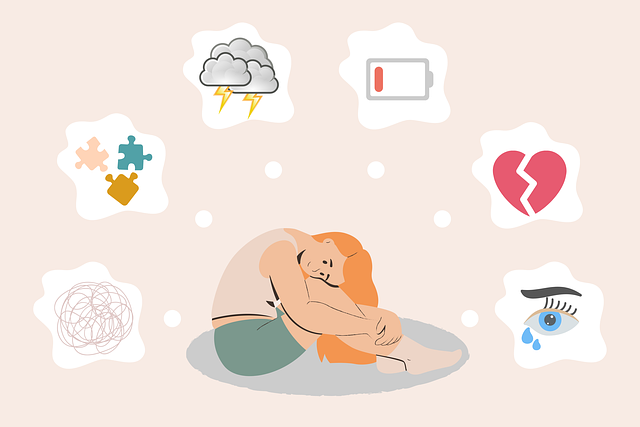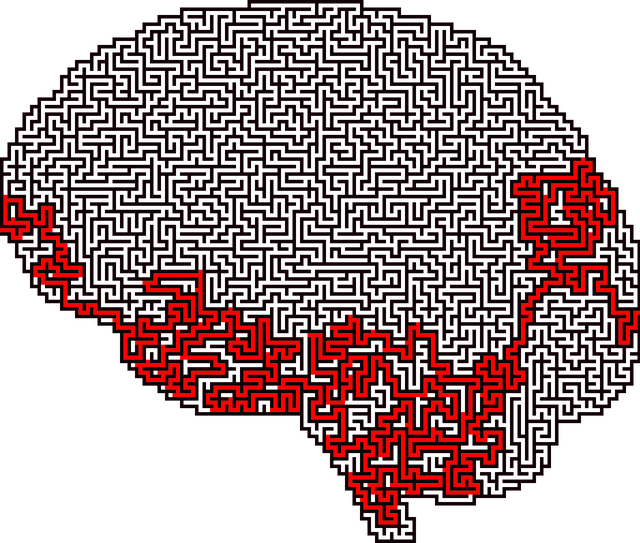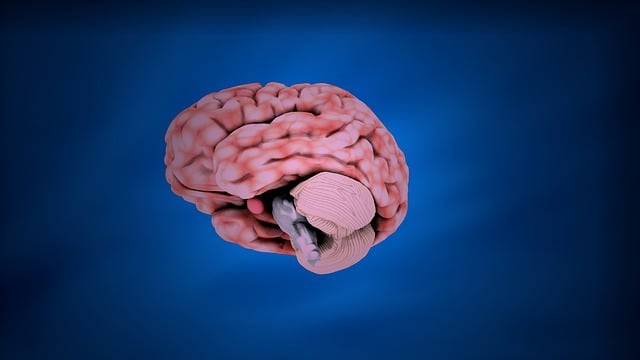Mental health crisis hotlines provide 24/7 confidential support using Mind Over Matter principles, empowering individuals with evidence-based strategies like CBT for anxiety management. These services bridge acute distress and long-term recovery, teaching self-care practices and connecting users to local therapists or support groups. Hotlines destigmatize mental health issues, offer resources for common disorders like GAD and panic attacks, and promote early help-seeking through public awareness campaigns. Accessible therapy options, integrated programs, and policy advocacy create a comprehensive network supporting adults struggling with anxiety and fostering overall well-being.
“In times of urgent mental health need, dedicated hotline services offer vital support. This article explores the critical role of mental health crisis hotline support, particularly in addressing adult anxiety. We delve into understanding these resources, the expertise therapists bring during emergencies, and common issues they aid with. Additionally, we guide readers through accessing these services and emphasize the importance of post-crisis care for sustainable well-being. Discover how hotlines, combined with therapy for adults anxiety, can be game-changers in navigating mental health challenges.”
- Understanding Mental Health Crisis Hotlines
- The Role of Therapists in Emergency Support
- Common Issues Adult Anxiety Hotlines Address
- Accessing and Utilizing these Services
- Resources and Additional Steps for Continuous Care
Understanding Mental Health Crisis Hotlines

Mental Health Crisis Hotlines serve as vital safety nets for individuals grappling with acute emotional distress or mental health crises. These 24/7 services provide immediate support, offering a confidential space for people to express their struggles and receive guidance. Trained professionals, equipped with Mind Over Matter principles, offer evidence-based strategies to manage anxiety and other mental health challenges. By fostering open communication, these hotlines empower individuals to navigate their crises and connect them with appropriate resources, whether it’s therapy for adults with anxiety or other psychological support services.
The effectiveness of crisis hotline support lies in their ability to bridge the gap between acute distress and long-term recovery. Through empathetic listening and personalized guidance, they promote self-care practices and coping mechanisms tailored to individual needs. Moreover, these hotlines play a crucial role in preventing escalation by de-escalating high-stress situations using evidence-based Stress Reduction Methods. They serve as a critical component of the broader mental wellness coaching programs development, ensuring individuals receive timely assistance during periods of intense emotional turmoil.
The Role of Therapists in Emergency Support

In moments of crisis, therapists play a vital role as first responders in mental health emergency support services. They are equipped to provide immediate assistance, offering a safe space for individuals grappling with intense emotions and thoughts. Therapists trained in crisis intervention can help stabilize clients during acute episodes, using evidence-based techniques such as cognitive behavioral therapy (CBT) to manage anxiety and panic attacks. By fostering a sense of compassion and understanding, therapists create an environment conducive to self-reflection and healing.
Beyond addressing the immediate crisis, therapists involved in emergency support also aid in developing effective coping strategies, encouraging the adoption of healthy self-care routines for better mental health. They guide clients towards building resilience and enhancing their confidence through compassionate cultivation practices. This holistic approach ensures that individuals not only navigate current challenges but also gain valuable tools to manage future crises effectively.
Common Issues Adult Anxiety Hotlines Address

Anxiety is a prevalent concern among adults, and mental health crisis hotline support services play a vital role in addressing this growing issue. These hotlines provide immediate assistance and valuable resources for individuals grappling with anxiety disorders. Common issues that adult anxiety hotlines target include generalized anxiety disorder (GAD), panic attacks, social anxiety, and specific phobias.
Many hotlines offer therapy for adults with anxiety through various evidence-based practices such as cognitive-behavioral therapy (CBT) techniques and compassion cultivation exercises. They also facilitate public awareness campaigns development to destigmatize mental health issues and encourage individuals to seek help early on. Some even provide guidance on maintaining a mental wellness journal to track symptoms, triggers, and progress in managing anxiety, fostering self-awareness, and promoting personal growth.
Accessing and Utilizing these Services

Accessing mental health crisis hotline support services is a crucial step towards finding relief and guidance during challenging times. These hotlines are designed to offer immediate assistance, providing a safe space for individuals seeking help with anxiety, depression, or other mental health concerns. Many countries have dedicated crisis lines staffed by trained professionals who can offer therapy for adults suffering from anxiety, as well as provide valuable resources for improving mental health awareness and fostering positive thinking.
Utilizing these services is straightforward; most hotlines are accessible 24/7 via telephone, mobile apps, or online chat platforms. When reaching out, individuals should expect a warm reception and non-judgmental support. Trained counselors can help navigate the current situation, offer coping strategies, and connect users with appropriate long-term solutions, including referrals to local therapists or support groups. Additionally, these hotlines often provide valuable information on social skills training, another aspect of mental health care that can empower individuals to manage their well-being effectively.
Resources and Additional Steps for Continuous Care

In addition to accessing mental health crisis hotline support services, continuous care can be facilitated through various resources and steps. Many communities offer free or low-cost therapy options specifically tailored for adults struggling with anxiety, a common mental health concern. These therapies, such as cognitive-behavioral therapy (CBT), have proven effective in managing anxiety symptoms. Furthermore, integrating mental health awareness programs into educational institutions and workplaces can help reduce stigma, encourage early intervention, and promote overall well-being.
Advocacy for Mental Health Policy Analysis plays a pivotal role in ensuring that accessible and affordable care remains a priority. By supporting initiatives that prioritize mental health, individuals can contribute to systemic changes. Trauma support services, often intertwined with these efforts, provide specialized care for those who have experienced adverse events. Together, these measures create a comprehensive network of support, fostering resilience and recovery among those facing mental health challenges.
Mental health crisis hotline support services play a vital role in providing immediate assistance and navigating individuals through acute distress. By offering confidential and accessible resources, these hotlines empower people to seek help without barriers. Understanding the common issues addressed, such as adult anxiety, and the crucial role of therapists in emergency support, is essential. Accessing these services can be life-changing, leading to improved mental well-being. For continuous care, exploring additional resources and taking proactive steps post-crisis is encouraged, ensuring long-term resilience and recovery for those facing anxiety and other mental health challenges.
